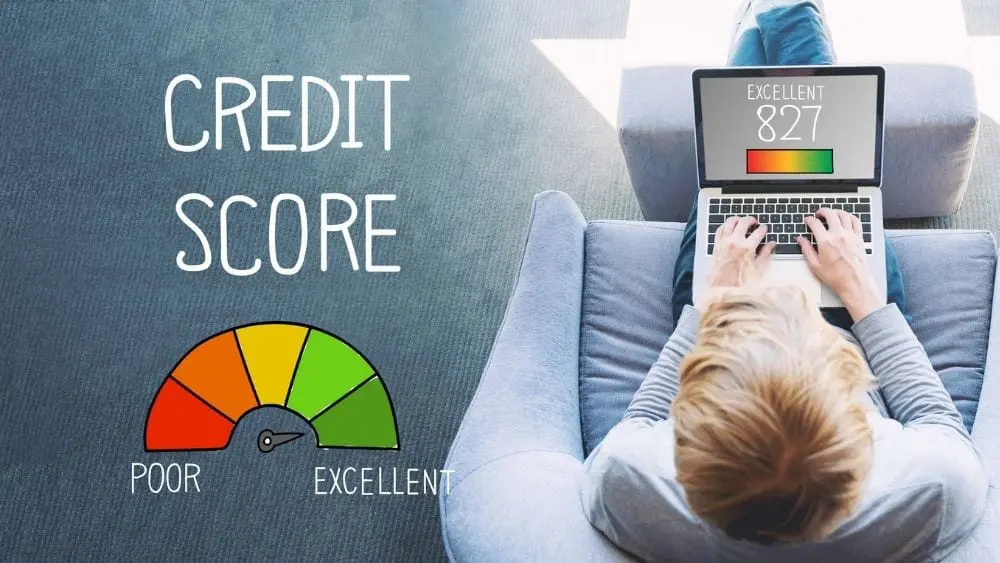
Just as some people are afraid to visit a doctor for fear they might find out something is physically wrong, so, too, are some folks fearful of checking their all-important credit histories because they might find out their records aren’t as pristine as they’d like and there’s something wrong fiscally.
According to a new study from WalletHub, a popular personal finance website, some 36 million American adults – a sum that exceeds the combined population of the 20 largest U.S. cities – do not check their credit reports as often as they believe they should because they are afraid to see the exact contents.
Even though there is no downside to checking your credit report periodically, the disorder does not seem to afflict everyone equally. Rather, it is especially pronounced among Millennials, who are 5.5 times more likely than Baby Boomers not to have a look, people with low incomes (6 times more likely) and women (2 times more likely).
This phobia could have significant implications for people’s personal finances. Nowadays, you need good-to-better credit to obtain a decent credit card rate, suitable automobile financing, insurance, a cell phone account, utilities for your new house and, most importantly, to buy a house without being taken to the woodshed by lenders charging ultra-high mortgage rates.
Everyone, not just wannabe home buyers, should check their credit reports at least once a year. It doesn’t matter the time of year, as long as you set aside some time to do it. If you are in a home buying frame of mind, you might want to check even more frequently to make sure something bad or erroneous doesn’t find its way into your file. Remember, your lender will take a peak, and so should you.
If there are mistakes, you’ll need some time – perhaps months – to clear them up and make sure your records are up-to-date. So if you are planning to buy, start checking at least six months out so you have plenty of time to get your records cleaned up.
The good news is, you don’t have to pay to get a credit report and credit score, which is a number based on a snapshot of your credit records on the day you ask to see your score. The range usually runs from a terrible 300 to a perfect 850. For a mortgage, borrowers typically need a score of 580 or so to qualify.
WalletHub is one site where credit reports are free; CreditKarma is another. Also, by federal law, people are entitled to one free copy of their credit report every 12 months from each of the three nationwide credit reporting companies, Experian, Equifax and Transunion. Order online from Annual Credit Report, the only authorized website for free credit reports, or call 1-877-322-8228.
Checking your credit score every once in a while shouldn’t count against your credit score, but beware of some web sites that claim to offer “free credit reports,” “free credit scores,” or “free credit monitoring.” They are not part of the legally mandated free annual credit report program, the Federal Trade Commission advises.
In some cases, the “free” product comes with strings attached. For example, some sites sign you up for a supposedly “free” service that converts to one you have to pay for after a trial period. If you don’t cancel during the test period, you may be unwittingly agreeing to let the company start charging fees to your credit card.
Some “imposter” sites use terms like “free report” in their names; others have URLs that purposely misspell annualcreditreport.com in the hopes that you will mistype the name of the official site. Some of these “imposter” sites direct you to other sites that try to sell you something or collect your personal information.
Even if the site is legit, stay away from those offering a “free” report unless you are certain the report and score is one that will be used by a lender. You want a report specific to the mortgage business, not one that applies to all kinds of other types of financing, including auto loans, department stores or your favorite gas station.
Finally, a few words about credit fright, whether unfounded or not. According to several academics, it is the fear of the unknown that stymies most people, who recall only too well the hardship either they or their parents endured during the Great Recession a decade ago. And it sticks even though most negative records, save perhaps for bankruptcies and foreclosures, have fallen off credit reports.
“We saw this with mortgage foreclosures, where people would not answer the phone or open their mail because they were afraid of bad news. It’s like a student not picking up an exam they know they did poorly on,” said Michael J. Collins, faculty director of the Center for Financial Security at the University of Wisconsin.
Robert B. Walker, director of undergraduate studies at the University of Iowa, said another reason people tend to eschew checking their credit records is that they are sometimes difficult to understand. “Credit reports were designed for bankers and financial analysts, not consumers,” he commented.

Lew Sichelman is a nationally syndicated housing and real estate columnist. He has covered the real estate beat for more than 50 years.
 Your Credit Score: How to Manage It (Or Repair If Necessary)
Your Credit Score: How to Manage It (Or Repair If Necessary)